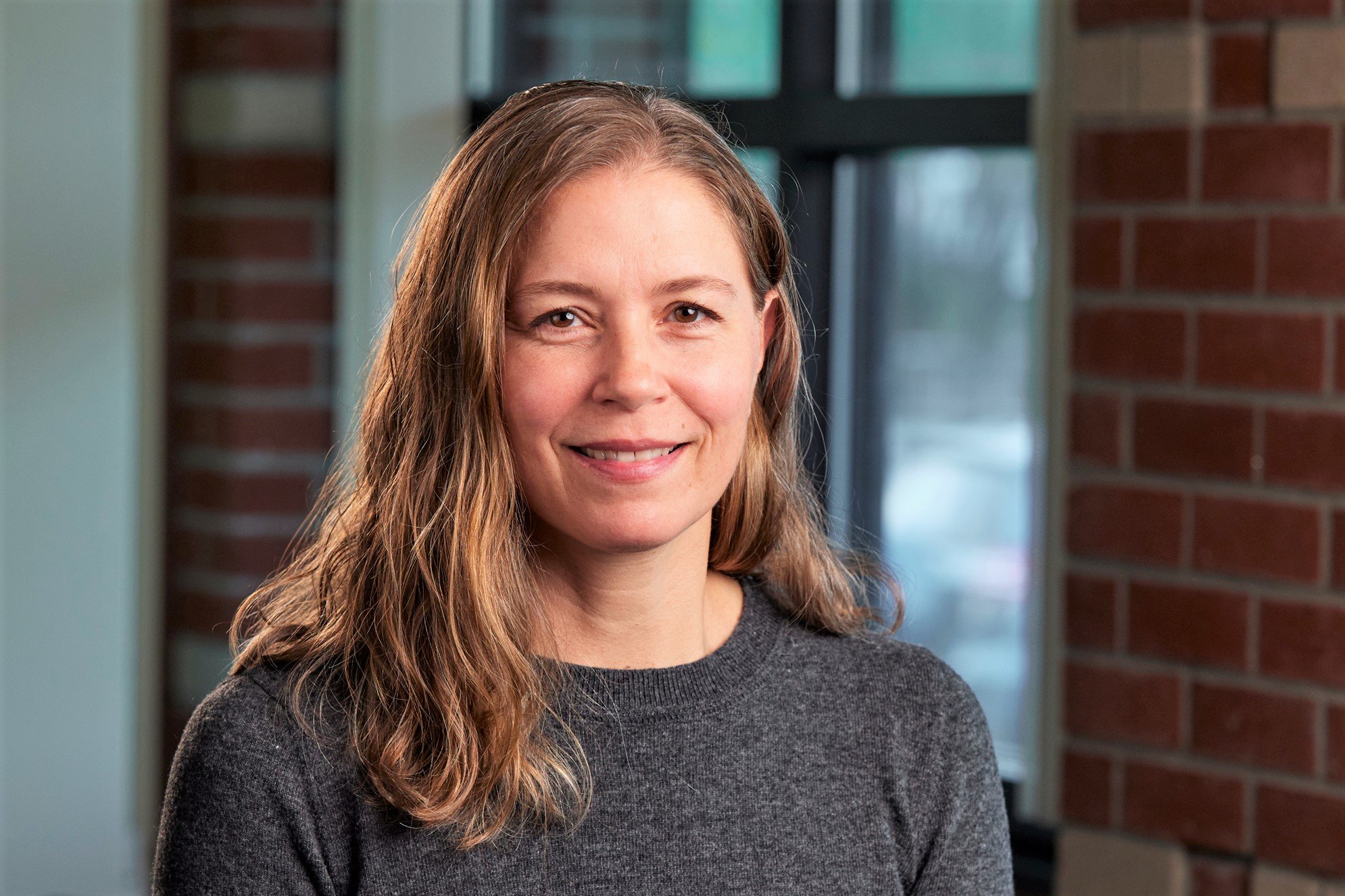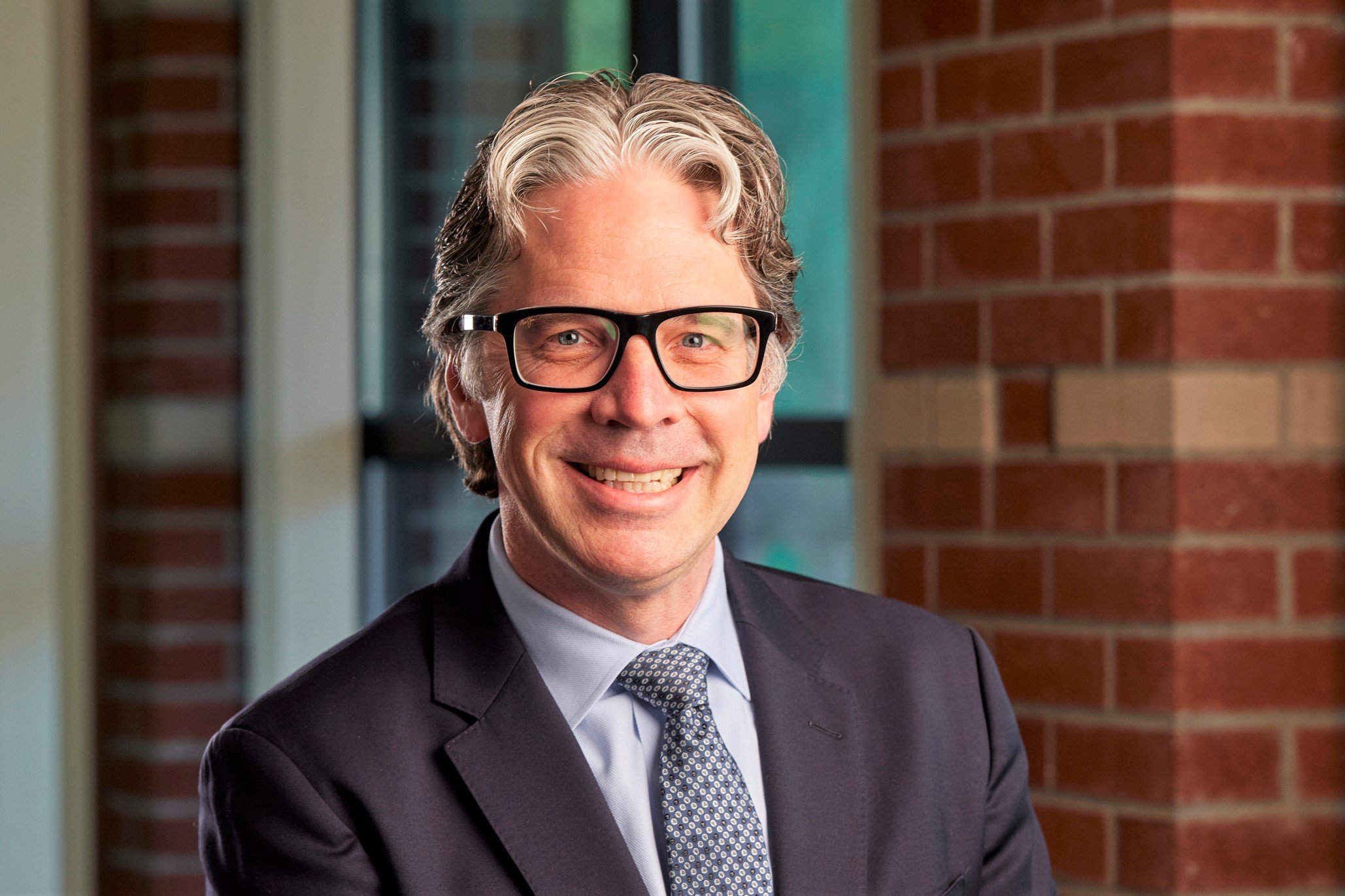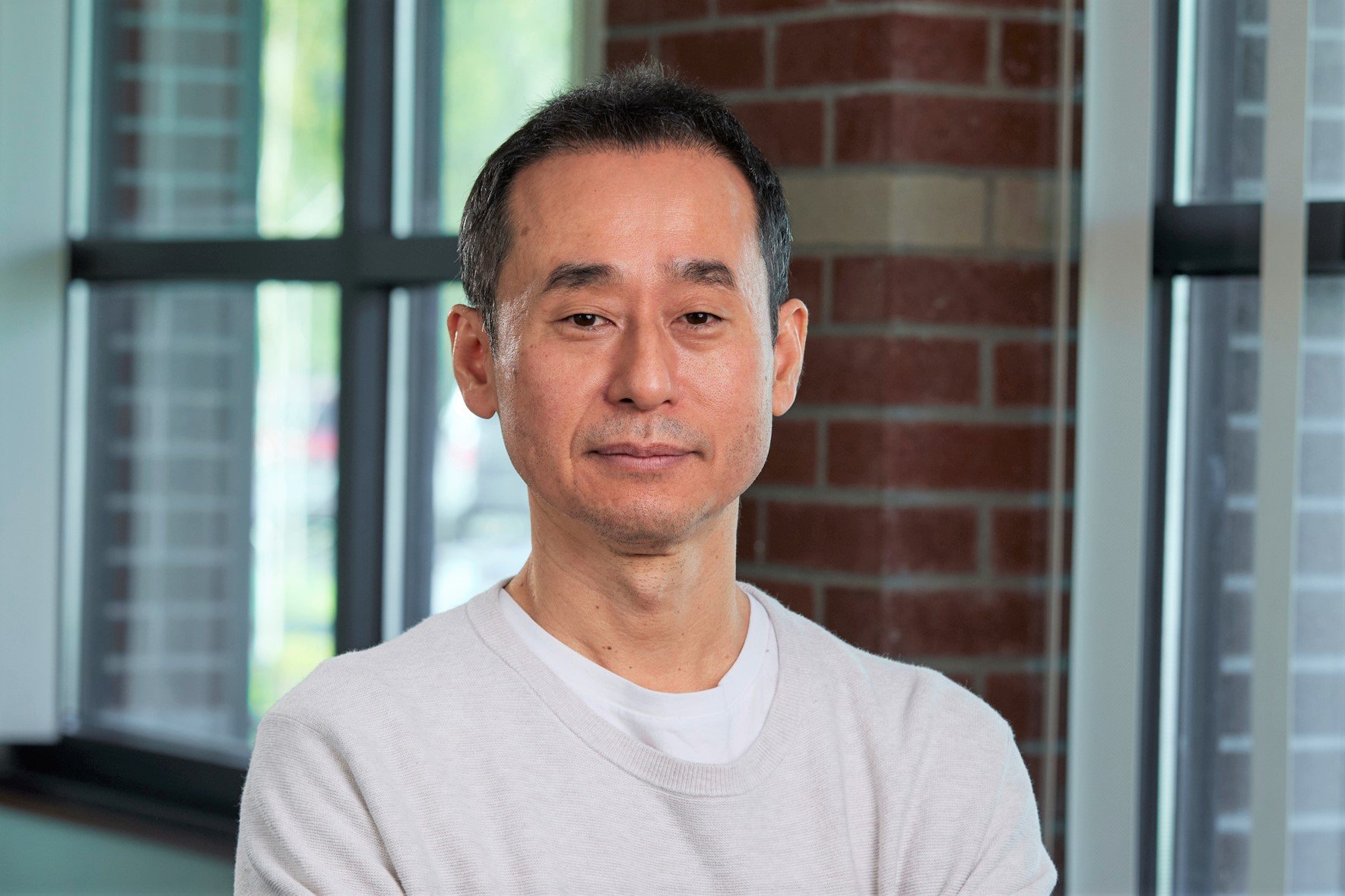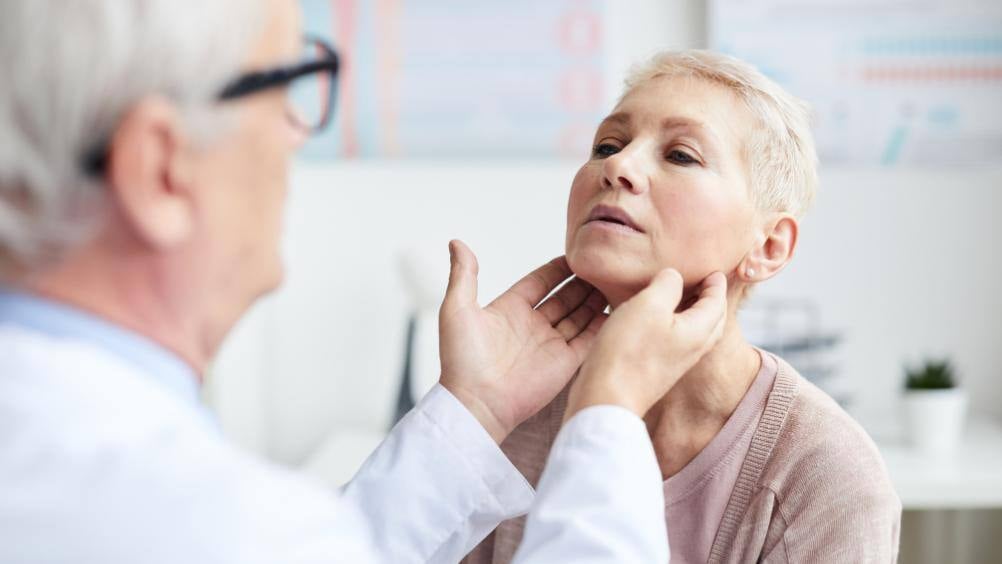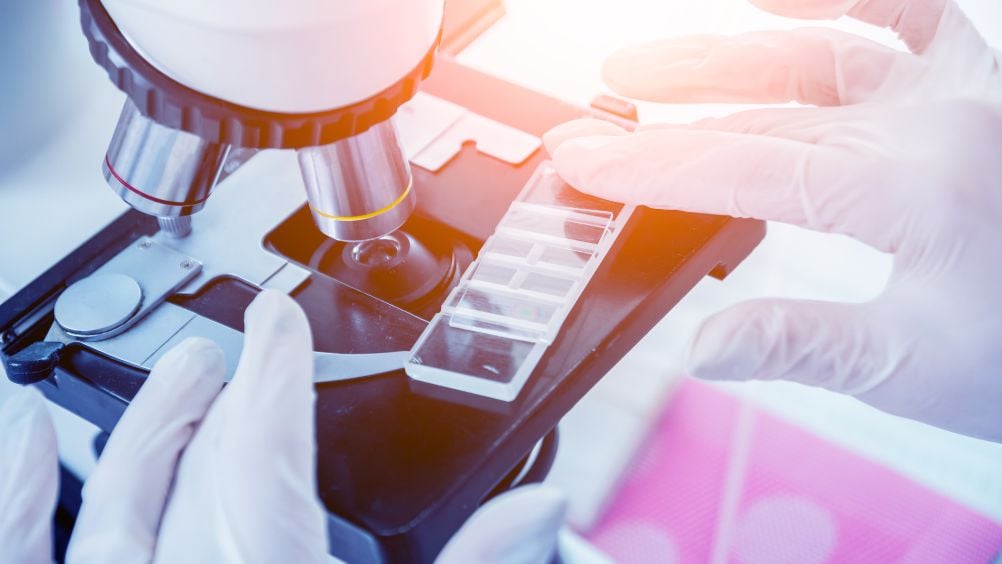Non-Hodgkin’s Lymphoma
Non-Hodgkin’s Lymphoma
Treating Non-Hodgkin Lymphoma in the Willamette Valley
At Willamette Valley Cancer Institute (WVCI), our lymphoma specialists are both hematologists and oncologists. They will discuss treatment options with each non-Hodgkin lymphoma patient based on the subtype, stage, and overall health. A range of treatment options are available, including clinical research trials at WVCI that offer advanced therapies and combinations of treatments that can improve outcomes and quality of life for our patients.
Next Steps After a Non-Hodgkin Lymphoma Diagnosis
Knowing what to expect after a diagnosis can be difficult. That’s why WVCI created a guide to help prepare you for the first appointment with a lymphoma specialist, including questions you may want to ask and what to bring with you.

Non-Hodgkin Lymphoma Specialists at WVCI
A hematologist diagnoses most people with non-Hodgkin lymphoma. This is a doctor who specializes in blood disorders, including blood cancers. Hematologists are also trained as oncologists, meaning they are cancer specialists who manage treatment and care. After a lymphoma diagnosis, a hematologic oncologist will discuss options with you and create a treatment plan that’s tailored to your specific subtype and stage of NHL.
Watch this video to learn more about the different types of lymphoma, symptoms, staging, and treatment options.
Types of Non-Hodgkin Lymphoma
Non-Hodgkin lymphoma is classified into subtypes based on the type of lymphocyte affected and how fast it is likely to grow. It may also be categorized based on its genetic makeup, appearance under a microscope, and whether the cells contain certain proteins on their surface.
The two most common types of NHL are diffuse large B-cell lymphoma and follicular lymphoma. Your specific subtype will impact your treatment plan.
Non-Hodgkin Lymphoma Treatment Options
Treatment options and the timing of those treatments vary for each patient based on the NHL subtype, stage, how quickly it is growing, the patient’s age, and overall health. Most treatments for lymphoma are systemic, such as chemotherapy and biologic therapies, including CAR-T.
Stages of Non-Hodgkin Lymphoma
Risk Factors & Diagnosing
Non-Hodgkin Lymphoma
Find a Non-Hodgkin Lymphoma Doctor in the Willamette Valley and the Oregon Coast
Florence
Newport
Springfield - Medical Oncology
Non-Hodgkin Lymphoma Care in the Willamette Valley
If you’ve been diagnosed with non-Hodgkin lymphoma, the cancer specialists at Willamette Valley Cancer Institute are here to help. We offer the latest NHL treatments, including access to clinical trials, if you qualify. Our hematologic oncologists also provide a second opinion on your best treatment plan. Our cancer centers are in Albany, Corvallis, Eugene, Florence, Lincoln City, Newport, and Springfield, Oregon.
When you’re ready, request an appointment with one of our lymphoma specialists. We’re here to discuss your diagnosis and provide a second opinion on a treatment plan to help you feel confident about your options.
Springfield - Medical Oncology
Springfield, Oregon 97477

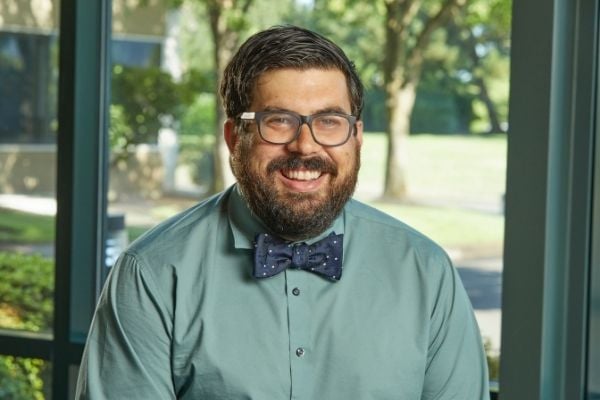
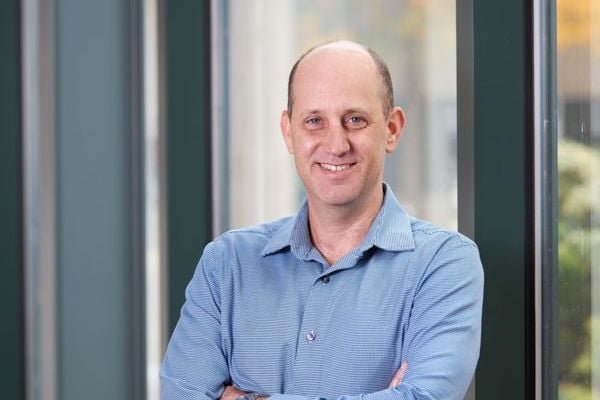
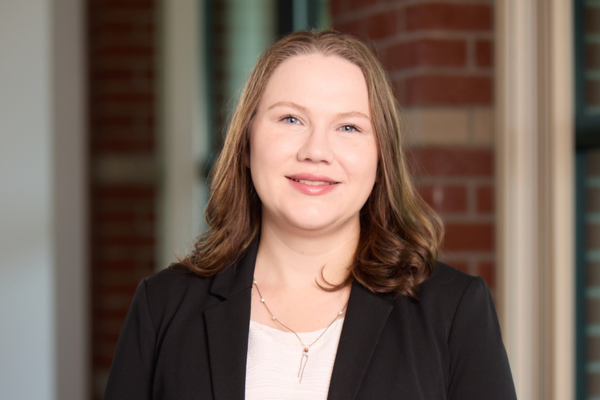
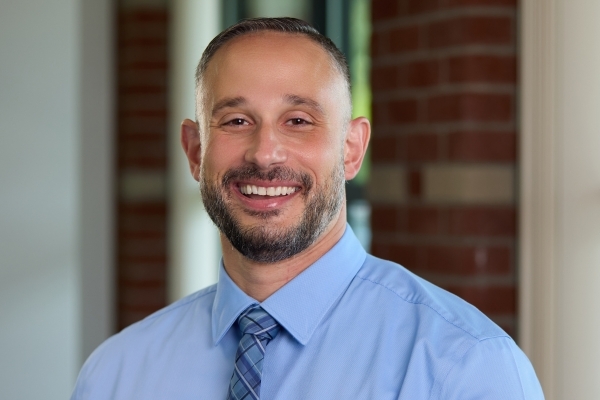
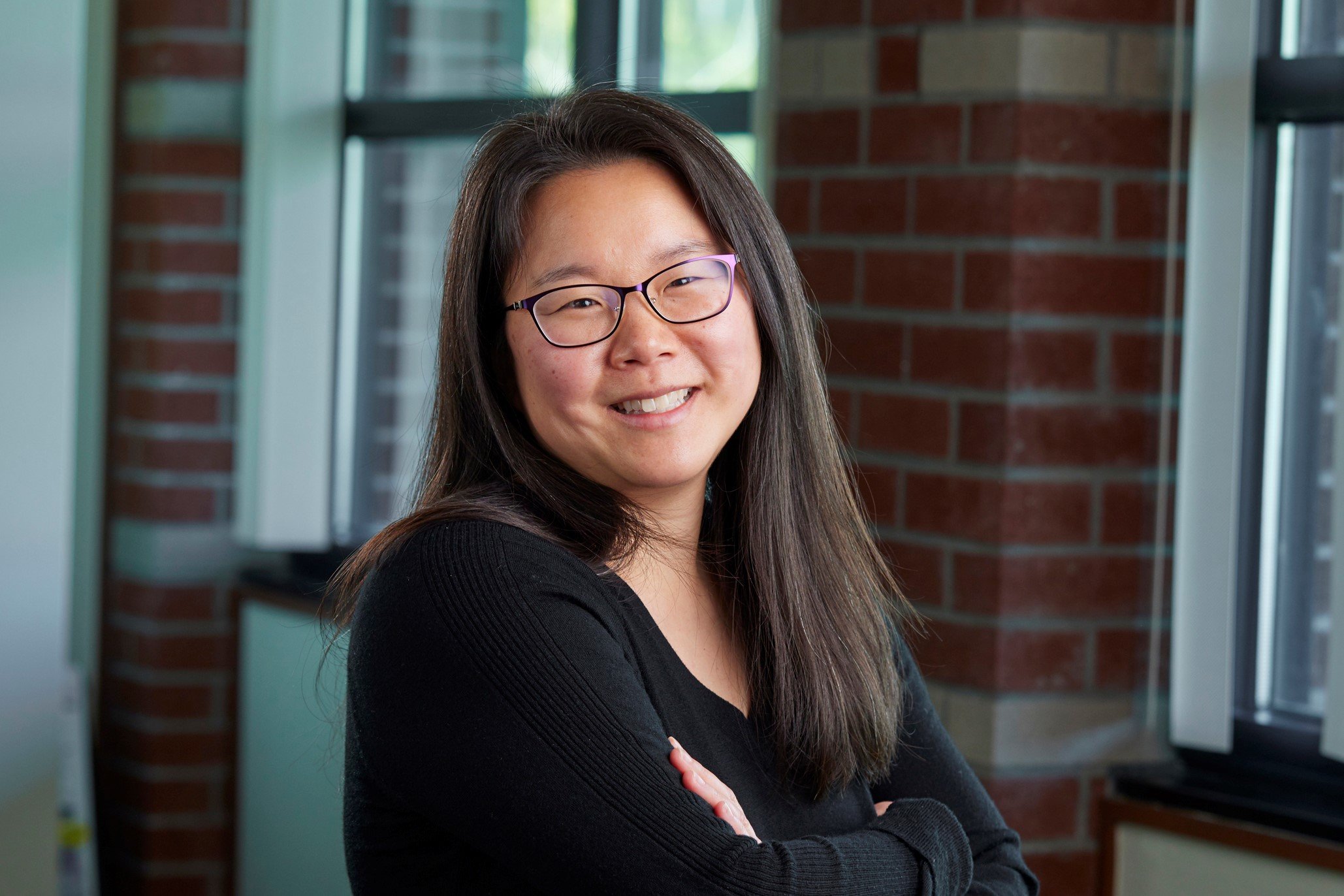
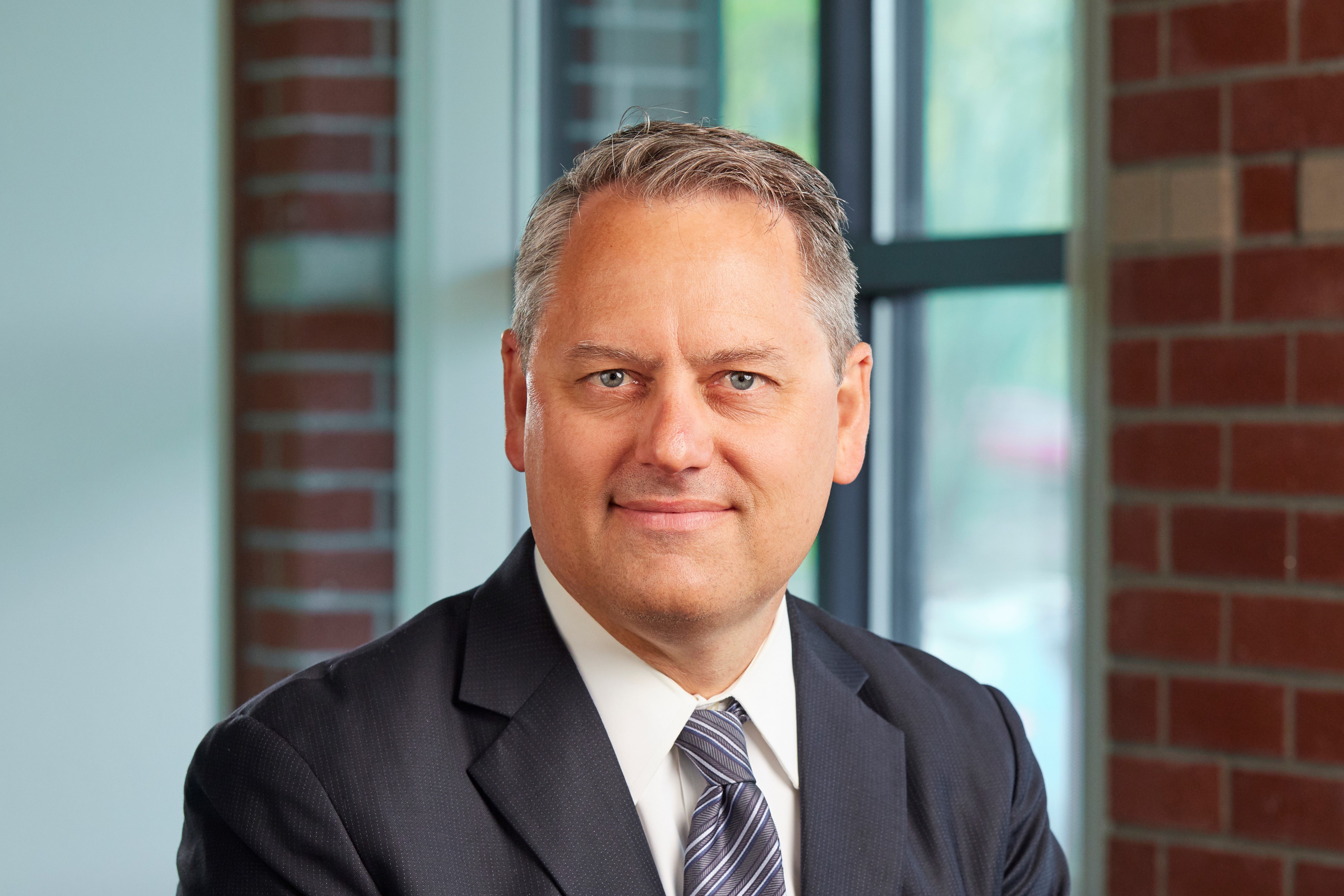
.jpg)
